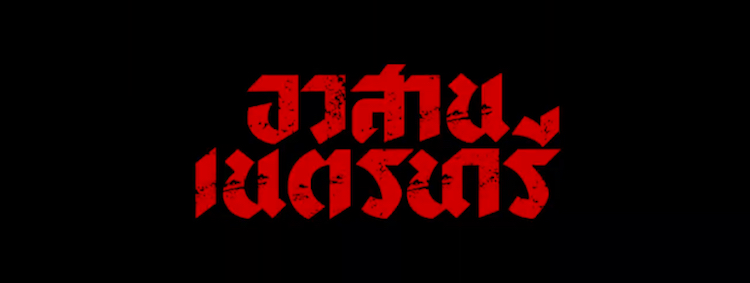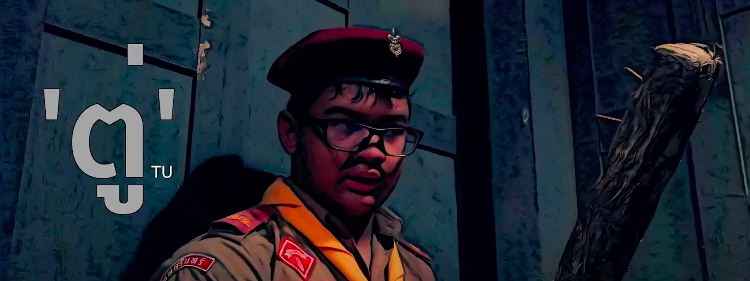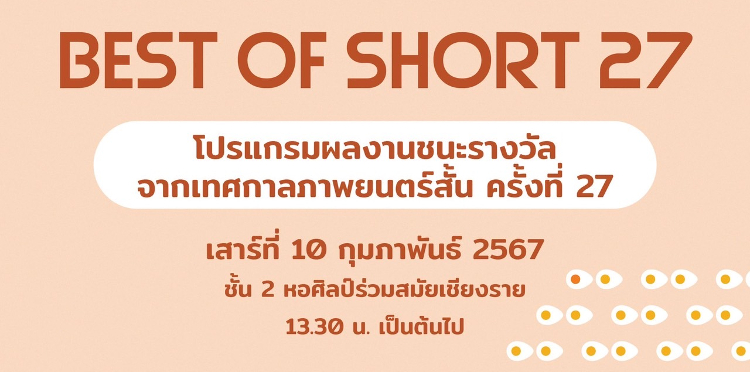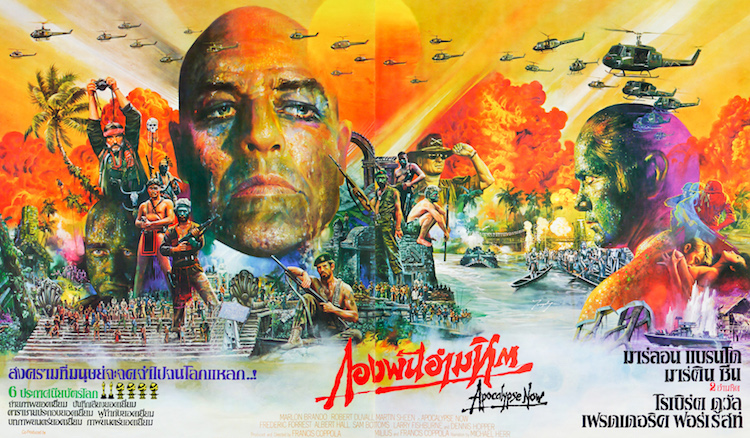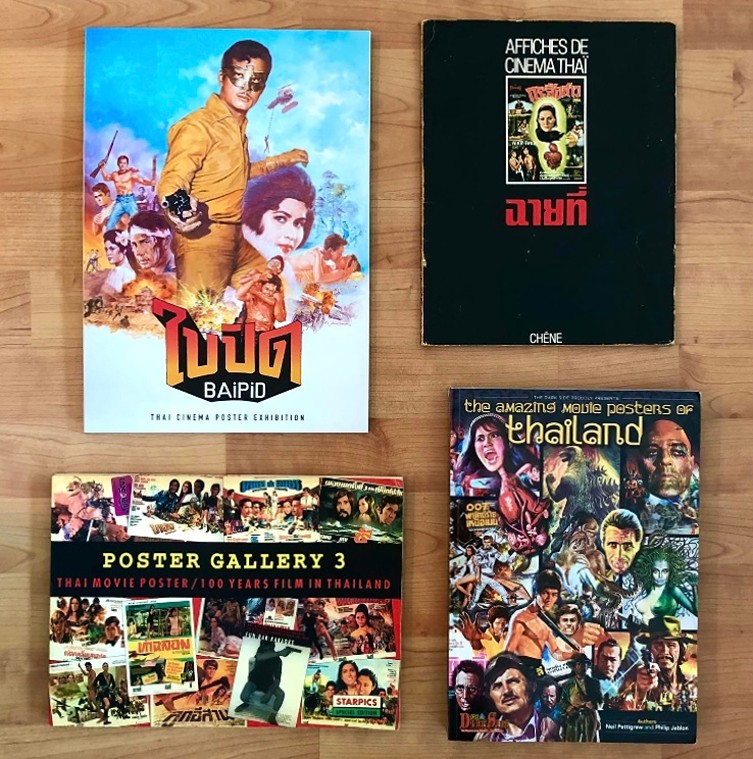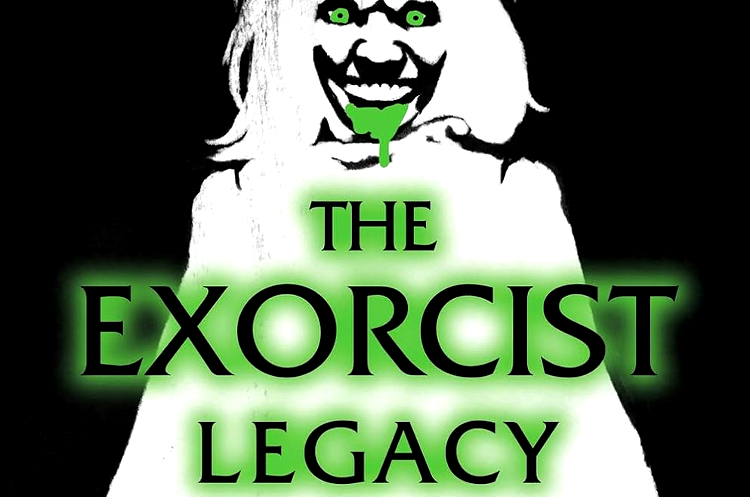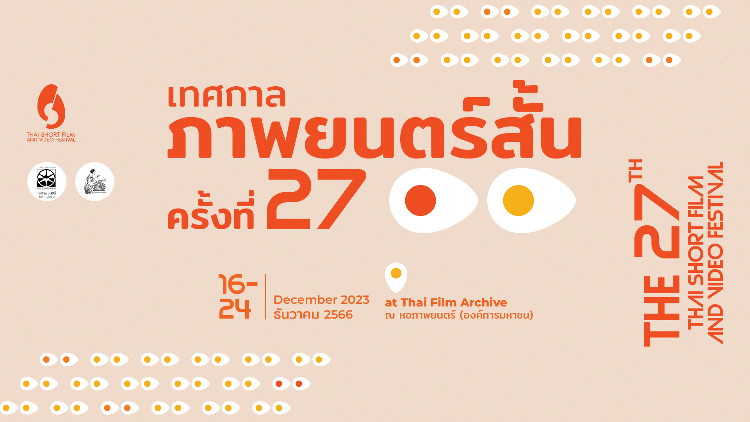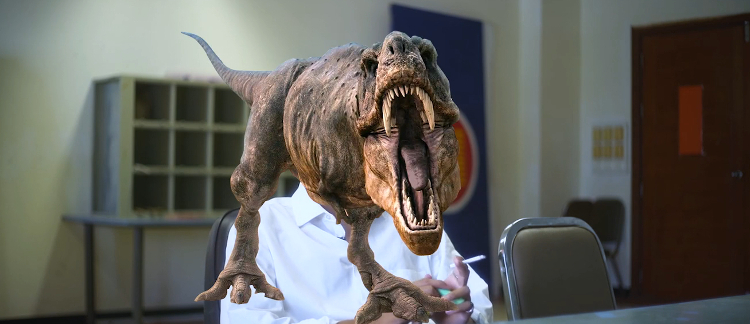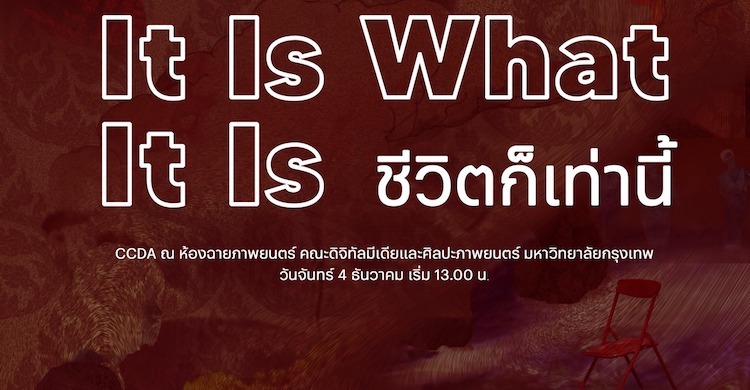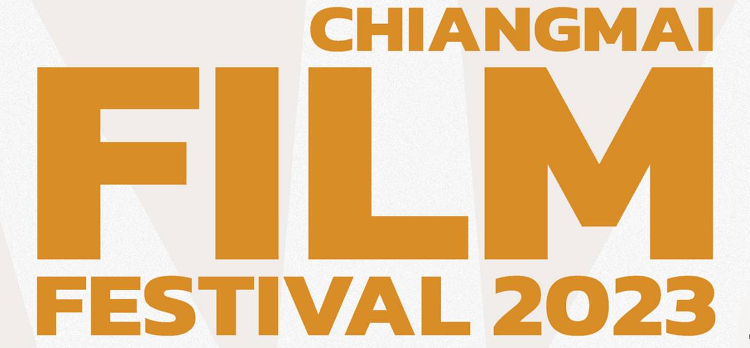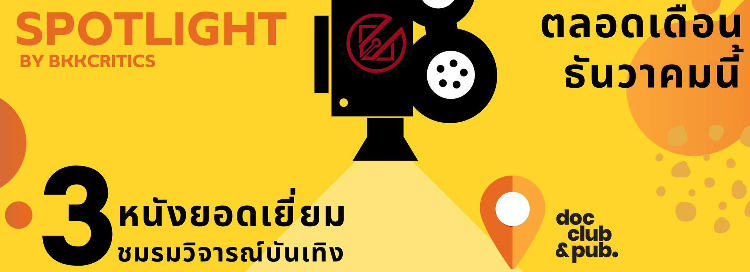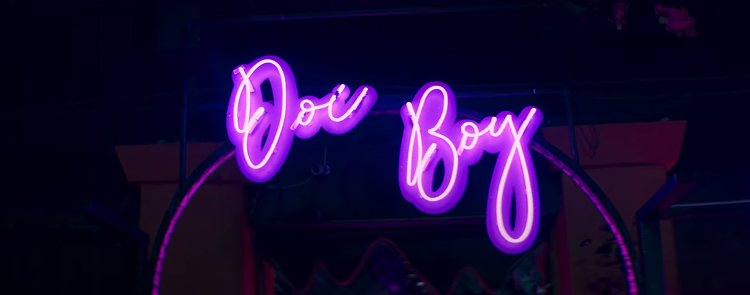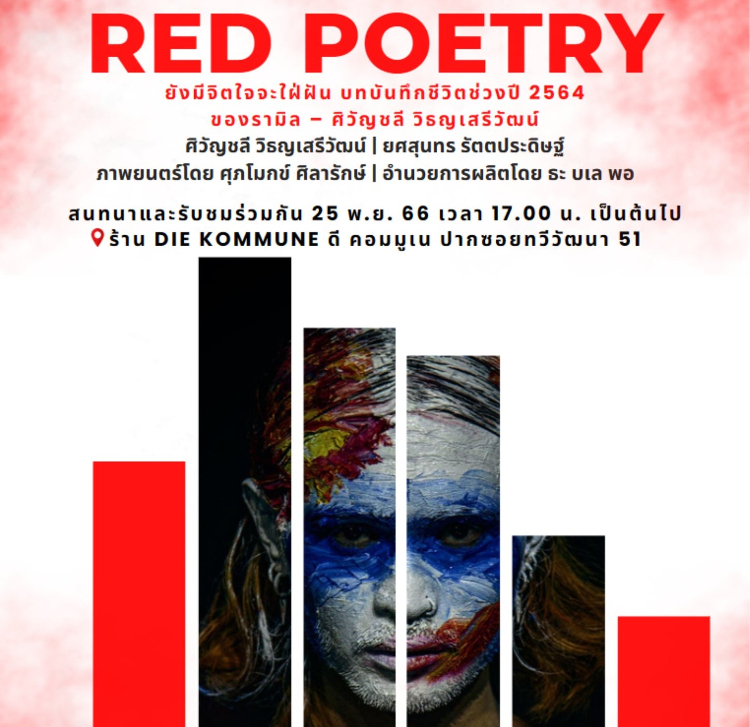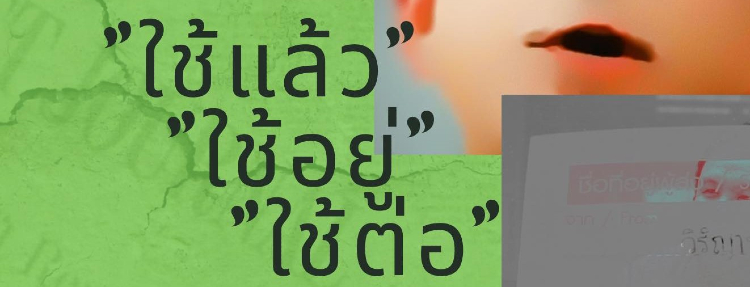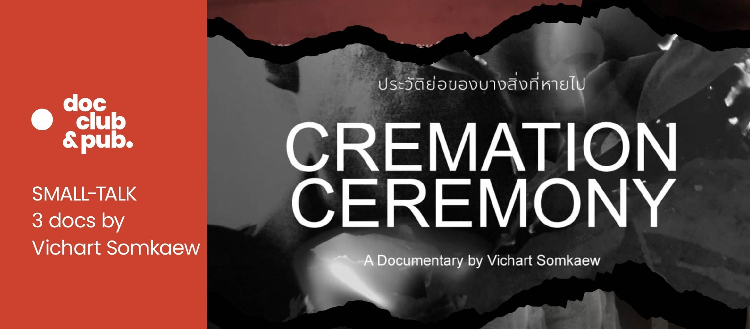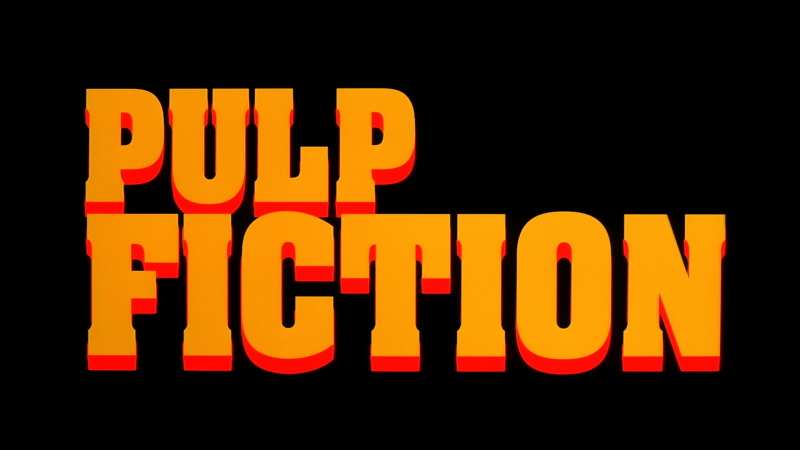Thunska Pansittivorakul’s latest documentary,
Damnatio Memoriae (ไม่พึงปรารถนา), had its world premiere at this year’s
DMZ International Documentary Film Festival in South Korea. Thunska’s films often contain found footage, though with
Damnatio Memoriae he has taken this a step further, producing a collage film comprised almost entirely of repurposed news and propaganda clips. (It begins with a montage of violent episodes from modern world history: the Holocaust, the Zapruder film, 9/11.)
Structurally, the film is a series of stark juxtapositions between fantasy and reality: propaganda videos (either directly or indirectly state-sanctioned), followed by atrocities committed by those states. Thus, the jolly
Duck and Cover public information film is intercut with footage of Japanese A-bomb victims. Most of the examples are drawn from Asia during the Cold War era: Chinese Communist propaganda films, followed by the Tiananmen Square massacre; the Seoul Olympics opening ceremony intercut with autopsy photographs of Gwangju Uprising victims.
Thai political history is central to Thunska’s filmography, and
Damnatio Memoriae is no exception. Here, clips from the historical romance
Sunset at Chaophraya (คู่กรรม) are juxtaposed with footage of
the 6th October 1976 massacre, with the love song
Angsumalin (อังศุมาลิน), performed by heartthrob Nadech Kugimiya, on the soundtrack. (
Sunset at Chaophraya is based on a novel by Thommayanti, who denounced students as Communists in the buildup to 1976. Video artist Chulayarnnon Siriphol
has also appropriated footage from Sunset at Chaophraya.)
Explicit sexual content is another key component of the director’s work, used most provocatively in
The Terrorists (ผู้ก่อการร้าย), when a man is shown masturbating while captions describe the victims of the 1976 massacre. As Thunska explained in
Thai Cinema Uncensored, this scene was a condemnation of what he views as the military’s quasi-sexual impulse to destroy its opponents: “That massacre is like masturbation... They need to feel good and happy, but it’s really cruel.”
Damnatio Memoriae features a similar sequence: a young man masturbates in the shower, while captions describe “the Red Drum killings of more than 200 civilians (unofficial accounts speak of up to 3,000) who were accused of supporting communists in Phatthalung, southern Thailand.” The graphic metaphor for military violence is an echo of
The Terrorists, though there is an added layer of significance: the actor in the shower comes from Phatthalung, where the killings took place decades before he was born.
Nudity is also used for comic effect, in an irreverent comment on royally-appointed Thai prime minister and statesman Prem Tinsulanonda. Prem is shown preparing to deliver a speech at the White House, in recognition of Thai-US military cooperation during the Cold War, and just as he is about to speak, the film cuts to a close-up of an erection.
The shower sequence is an out-take from
Supernatural (เหนือธรรมชาติ), and
Damnatio Memoriae also features brief clips from
Avalon (แดนศักดิ์สิทธิ์). Thunska’s previous films include
Danse Macabre (มรณสติ),
Santikhiri Sonata (สันติคีรี โซนาตา),
Homogeneous, Empty Time (สุญกาล),
Reincarnate (จุติ), and
This Area is Under Quarantine (บริเวณนี้อยู่ภายใต้การกักกัน).



